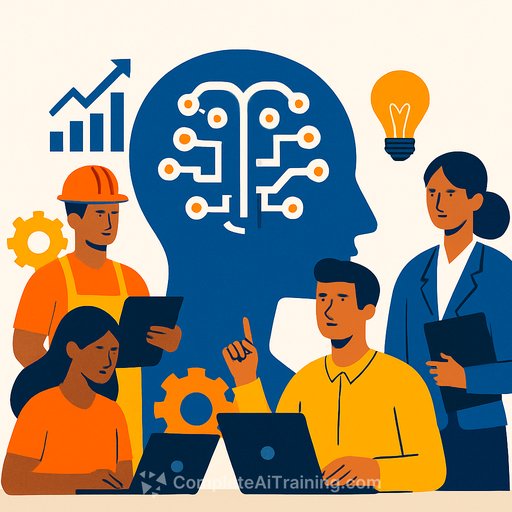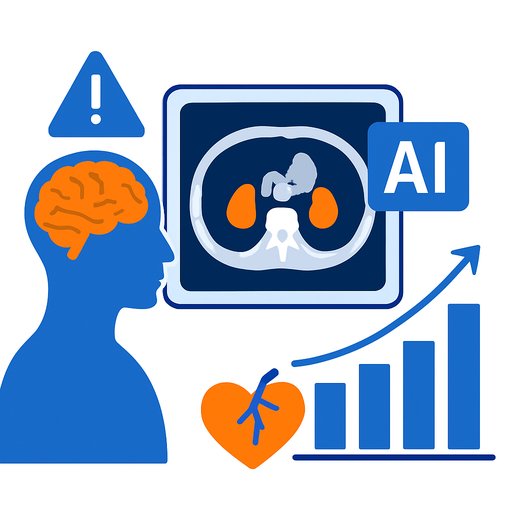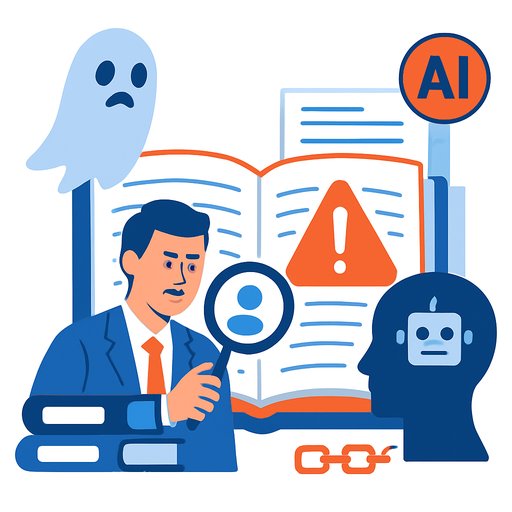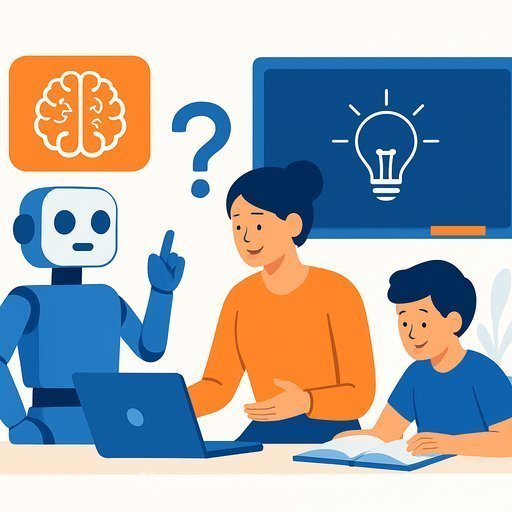Artificial Intelligence Jobs Are Expanding Beyond Tech Roles
Artificial intelligence (AI) skills are increasingly becoming a requirement across a wide range of jobs, not just traditional tech roles like AI engineers or computer scientists. A recent report from labor market research firm Lightcast shows that 51% of job listings last year asked for AI skills outside of IT roles, up from 39% five years ago.
These AI-related job openings are found in marketing, science, engineering, education, healthcare, and many other fields. Elena Magrini, head of global research at Lightcast, points out that AI skills are growing in demand throughout the entire labor market.
AI Job Growth in Colorado and Beyond
According to the Stanford AI Index and Lightcast, Colorado ranks 16th nationwide in AI-related job openings, with 1.78% of job listings mentioning AI skills. Washington, D.C. leads with 4.44%. Although AI jobs still represent a small portion of total openings, Colorado saw a 66.5% increase in AI job postings in July compared to the previous year.
Lightcast has tracked AI skill requirements since 2019 and found that by 2024, AI skills will be requested across all occupations, even those not traditionally considered high-tech. For example, marketing and public relations jobs mentioning AI skills rose from 2.27% in 2019 to 13% last year. AI skills in performing arts roles tripled, though they still make up a small share of total listings.
The key takeaway: AI skills are becoming a fundamental part of job requirements, similar to how email skills became essential two decades ago.
Employers Are Actively Seeking AI Skills
Job listings in Colorado illustrate this trend. Positions such as marketing and communications specialists are expected to be “comfortable using AI tools like ChatGPT” for content creation. Teachers who can educate students about AI chatbots are in demand. Publishing coordinators with proficiency in AI content tools are also sought after.
Employers are leading the charge, driving education providers to respond. Bijal Shah, CEO of Denver-based tech education company Guild, notes that many Fortune 500 companies are now prioritizing AI training for their employees. Guild uses Lightcast’s list of 300 AI-related skills to align its programs with what employers need.
Guild trains its staff extensively in AI, with about 80% of its 900 employees continually learning or updating AI skills relevant to their roles. Shah highlights that AI training is relevant even for non-technical roles, emphasizing that familiarity with generative AI tools benefits all parts of an organization.
Why AI Skills Matter Beyond Tech
Employers often look for candidates familiar with AI tools like ChatGPT or Anthropic’s Claude because it signals a willingness to learn new skills. This familiarity can be as valuable as knowing Excel or a second language. It prepares workers for future technologies that companies will adopt.
For example, Denver startup Pico AI is building an AI assistant for the building and facilities industry. Instead of filling out support tickets manually, employees can simply explain issues conversationally to the AI, which then generates the necessary ticket and asks relevant questions. This boosts efficiency and changes workforce roles.
Founder Jesus Salazar explains that AI tools can act like “mini managers,” guiding employees to complete tasks effectively while freeing them from routine administrative work.
Preparing for the AI-Driven Job Market
AI skills are becoming part of the core competencies demanded across industries, including education, science, and research. Workers who adopt these skills gain an advantage in a shifting job market. Employers want candidates who can work with AI tools to improve productivity and innovation.
For those in education and research fields, embracing AI skills means staying relevant and opening doors to new opportunities. Training resources are available to help build these capabilities, such as focused courses on generative AI, prompt engineering, and AI applications for various professional roles.
If you want to explore AI training tailored to your career, check out Complete AI Training’s courses by job category to find programs that fit your needs.
- AI skills are no longer exclusive to tech jobs
- Employers across industries are asking for AI proficiency
- Training in AI tools can enhance your career prospects
- Non-technical roles increasingly benefit from AI knowledge
Adapting to the growing presence of AI in the workplace is essential. Learning to use AI tools effectively will help you stay competitive and contribute more value in your role, regardless of your current field.
Your membership also unlocks:










